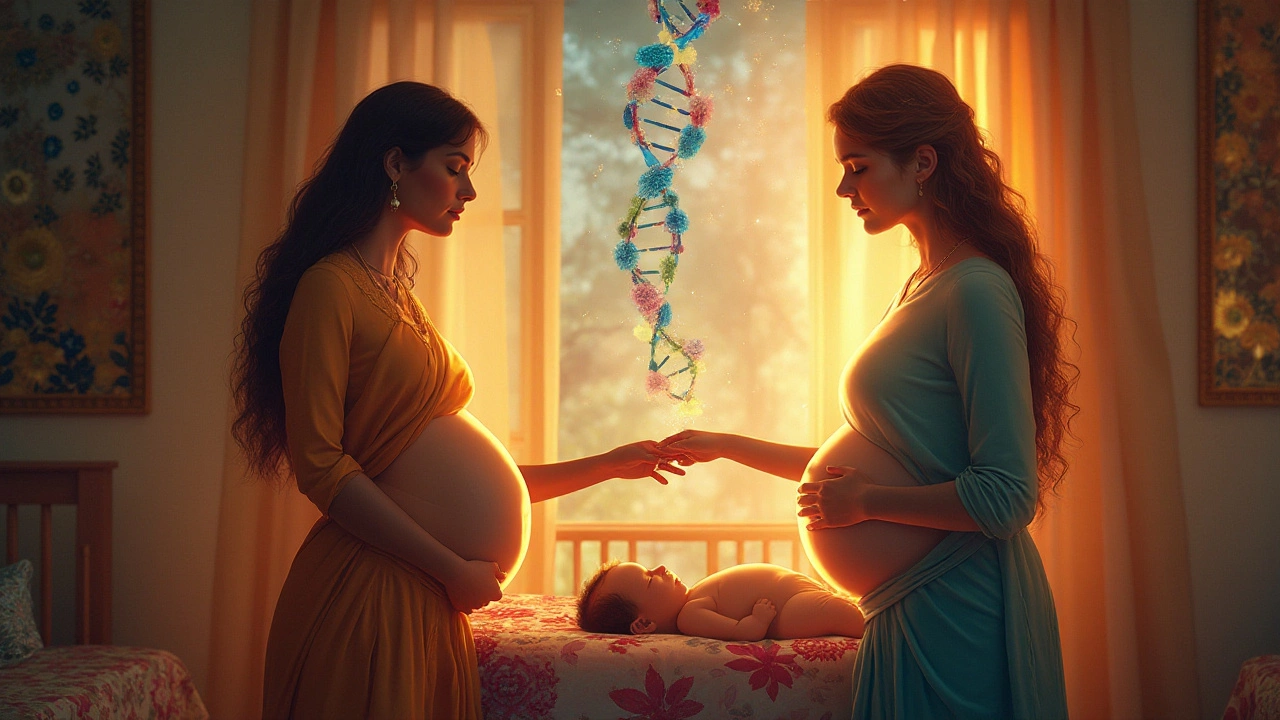
As the marvels of modern medicine evolve, so too do our definitions of family and kinship. Among the myriad advancements in fertility treatment, donor egg IVF stands out for its ability to rewrite the story of motherhood. But with the power to create life comes the profound question: who precisely holds the title of 'mother'?
For anyone navigating this deeply personal journey, the matter of maternal identity looms large. Both the genetic donor and the gestational carrier can lay claim to aspects of motherhood, yet the heart of the issue often extends beyond biology. It's an emotional tapestry woven from threads of desire, sacrifice, and boundless love.
By diving into this topic, we seek to understand what it truly means to be a mother within the framework of donor egg IVF. From the genetics that factor into discussions at the dinner table to the legal intricacies guiding parental rights, this exploration doesn't just open the door to profound insights—it throws it wide open.
- Defining Motherhood in Modern Terms
- Genetics Versus Gestation
- Legal and Emotional Considerations
- The Child's Perspective
Defining Motherhood in Modern Terms
The journey to understanding motherhood in the context of modern reproductive technologies such as donor egg IVF involves peeling back layers of traditional beliefs and redefining parentage beyond mere biology. As science broadens the possibilities, so too must our definitions adapt to encompass the diverse experiences of parenthood today.
Biological Nurturers and Genetic Contributors
When considering who the 'real' mother is, it is vital to acknowledge the biology involved. The woman who provides the donor egg contributes the genetic material, which traditionally is seen as the cornerstone of biological motherhood. However, in the case of donor egg IVF, the 'egg donor' offers her genetic blueprint voluntarily, often with a clear understanding of her role: a contributor, but not necessarily the primary parent.
The Role of the Gestational Carrier
On the other hand, the woman who carries the child holds the undeniable title of gestational mother. This person provides the crucial environment for the baby's early development. Medical studies affirm the significant biological exchange between mother and fetus during pregnancy, where maternal cells cross the placental barrier, creating a bond that some argue is equally potent as genetic ties.
Cultural and Emotional Dimensions
Culturally, motherhood has always transcended mere genetics. Many societies value the nurturing, care, and upbringing provided during a child's life over genetic links. Emotionally, the woman who carries the child often feels a profound attachment built over nine transformative months, filled with anticipation, hopes, and dreams.
A Symbiosis of Roles
In many modern cases, motherhood is increasingly seen as a symbiotic relationship between the donor and the carrier. Rather than choosing one over the other, acknowledging the contributions of both women allows a more holistic view of motherhood, accepting each role’s unique significance.
Ultimately, the growing acceptance of diverse family structures calls for embracing a broader, more inclusive definition of motherhood—one where the love and support offered define parental roles more than the genes or the womb alone. As we advance scientifically, it’s crucial that our understanding and societal norms evolve just as rapidly, ensuring everyone involved feels respected and acknowledged in their individual contributions to creating and nurturing life.
Genetics Versus Gestation
The age-old nature versus nurture debate finds new life in the realm of donor egg IVF, where the roles of genetics and gestation tussle for primacy in defining motherhood. While science tells us that half of a child's DNA originates from the donor egg, the reality of carrying and nurturing that child in the womb offers another powerful narrative.
The Power of Genetics
Genetic contributions cannot be understated. They provide the blueprint from which a new life unfolds, determining many of the child's physical characteristics, potential health predispositions, and innate talents. In essence, the donor contributes the DNA, a critical compass guiding the biological and physiological journey of the child.
Yet, it's important to note that possessing the same genetic material does not necessarily mean a child will be a carbon copy of the donor. Genetic expression can vary widely due to a multitude of factors, including the environment during gestation.
Description: The Gestational Influence
Carrying a baby provides a unique bond beyond biology, rooted in the intimate interaction between mother and child during gestation. This period is a dance of biochemical exchanges, where the mother's environment, health, and lifestyle significantly impact the developing baby. Research has demonstrated that factors such as the mother's diet, stress levels, and exposure to toxins can influence gene expression—a process known as epigenetics.
Furthermore, the emotional connection forged during these crucial months is nothing short of profound. The experience of feeling the baby grow, move, and respond to the mother's voice cannot be quantified, yet it is undeniably a significant aspect of motherhood.
Striking a Balance
Both genetics and gestation offer invaluable elements to a child's development, yet neither can wholly claim the title of 'mother' without acknowledging the other's role. This conundrum invites us to revisit our definitions of motherhood, appreciating the blend of genetic and gestational influences as complementary rather than competing forces.
In this complex web of IVF treatment and evolving family narratives, parents often choose to embrace both the donor's contribution and their own, crafting a shared story of love, sacrifice, and intention.
| Aspect | Genetics | Gestation |
|---|---|---|
| DNA Influence | 50% from donor egg | N/A |
| Biological Impact | Inherited traits | Epigenetic factors |
| Emotional Bond | Potentially distant | Deep and immediate |
Ultimately, understanding the dynamics of genetics and gestation in donor egg scenarios allows us to appreciate the varied paths women take to claim motherhood. This rich tapestry of biology and emotion reaffirms that while we may search for straightforward answers, motherhood, like life itself, is beautifully complex.
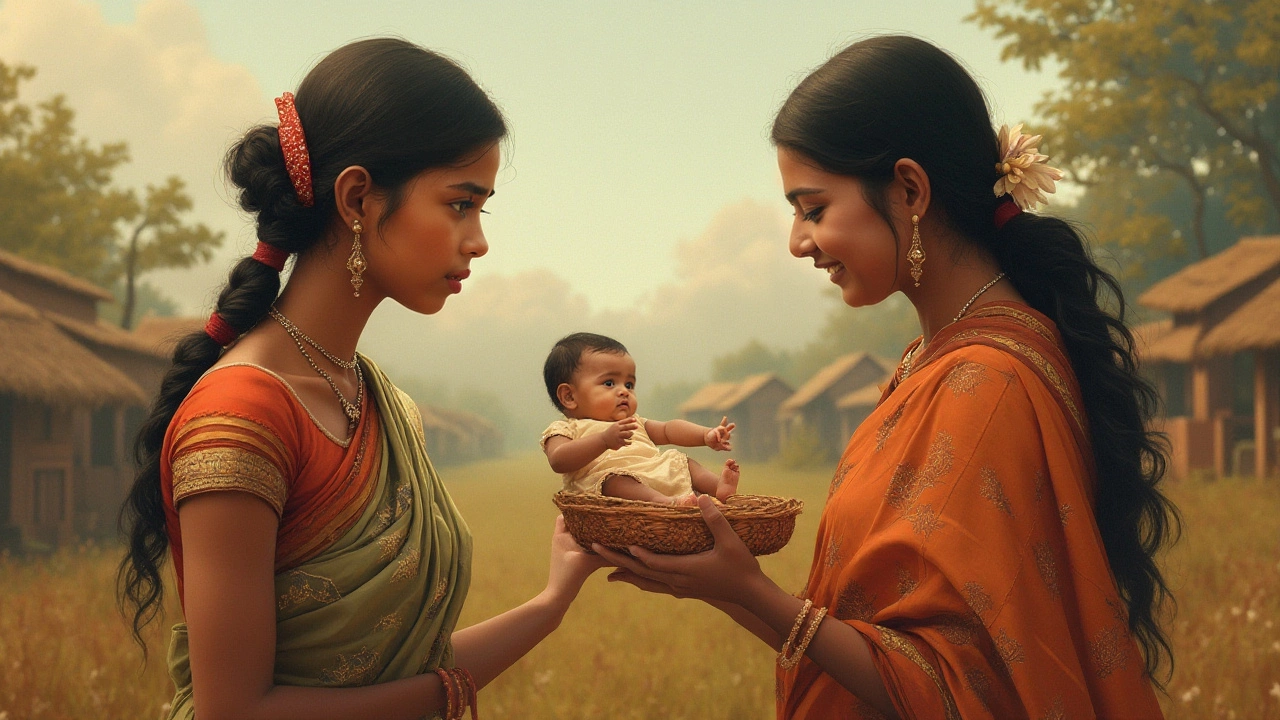
Legal and Emotional Considerations
When considering donor egg IVF treatment, prospective parents find themselves in a dual maze of legalities and emotions that can influence their journey to parenthood. This labyrinth varies not only by country but sometimes even by state or region, reflecting diverse laws about parental rights, donor anonymity, and surrogacy agreements. It's essential to thoroughly understand these legal frameworks before embarking on this path.
Legal Framework
In many jurisdictions, the law designates the woman who gives birth as the legal mother of the child, despite the absence of a genetic connection. This is vital in cases of donor egg IVF, ensuring that the gestational mother's rights are clearly upheld. However, legal recognition does not always extend seamlessly to the identity of the donor. Countries like the UK allow children born via donor eggs to access certain information about their genetic donor upon reaching adulthood, while other jurisdictions maintain donor anonymity unless both parties consent otherwise.
The legal complexity further amplifies when considering cross-border treatments. For example, a woman in the UK opting for IVF via a clinic in a country with different laws may face unexpected challenges when returning home. Proper legal counsel is indispensable to navigate these potential pitfalls.
Guardianship and Parental Rights
Regardless of jurisdiction, clear agreements and documentation confer peace of mind and safeguard the interests of the child. In instances where same-sex couples or single parents pursue fertility treatments, additional attention may be necessary to ensure that parental rights are adequately secured.
Emotional Landscape
Emotional dimensions often run deeper than the legal implications, requiring prospective parents to consider not just who they are as parents, but what it means to love and nurture a child genetically connected to another woman. While some grapple with concerns related to 'genetic disconnection,' many find solace in the act of carrying their child, establishing emotional bonds through pregnancy itself.
Psychological counseling is frequently recommended, providing space for prospective parents to discuss potential fears and aspirations, while exploring feelings about genetics and parenthood. Such conversations can also facilitate the child's future understanding of their origins.
In navigating these emotional currents, the support of family, friends, and community can be crucial. Whether through formal support groups or informal networks, hearing from others who've walked similar paths often delivers comfort and clarity.
The journey of bringing a donor egg baby into the world is one marked by intricate legal and emotional considerations. Yet, those who venture down this path often report that these challenges pale in comparison to the joy brought by welcoming a new life into their family.
| Country | Donor Anonymity | Legal Parent |
|---|---|---|
| United Kingdom | Restricted after 18 years | Gestational Mother |
| United States | Varies by state | Varies by state |
| Spain | Anonymous | Gestational Mother |
The Child's Perspective
In the dialogue surrounding donor egg IVF, the voices often missing are those of the children themselves. These individuals, conceived through assisted reproductive technology, offer a unique vantage point that challenges preconceived notions of motherhood and familial bonds.
Identity and Biological Roots
For many children born via donor egg IVF, understanding their biological origins can be a journey of personal significance. Research indicates that children who learn about their donor origins early navigate this aspect of their identity more comfortably than those who discover it later in life. Some parents choose to integrate this information into family stories from a young age, framing the donor as a special part of their journey.Emotional Well-being
The emotional landscape of donor-conceived children is as varied as their experiences. According to studies, most children within supportive families experience well-adjusted lives akin to those conceived naturally. Open communication and parental support are vital to nurturing their understanding and acceptance of their unique origins.Legal Rights and Access to Information
The access to information varies globally, as some countries maintain anonymous donation policies, while others have shifted towards openness, allowing children to access donor information upon reaching adulthood. This access often empowers them to connect with their genetic history, fulfilling personal curiosities or enhancing their sense of identity.| Country | Access to Donor Information |
|---|---|
| United Kingdom | Non-anonymous; access granted at 18 |
| United States | Varies by clinic; often semi-open agreements |
The child's perspective opens the conversation to the realities of growing up in a family created through IVF. Their encounters with genetics and identity determine their understanding of familial structures and what it means to belong. For them, motherhood transcends genetic linkages, encompassing the nurturing, love, and support provided by the women in their lives.

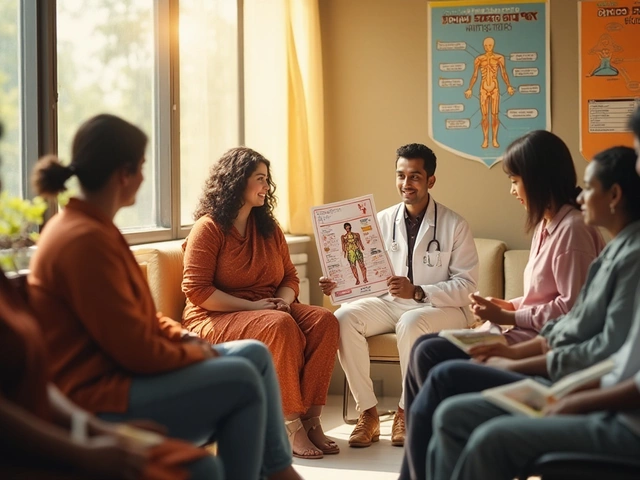
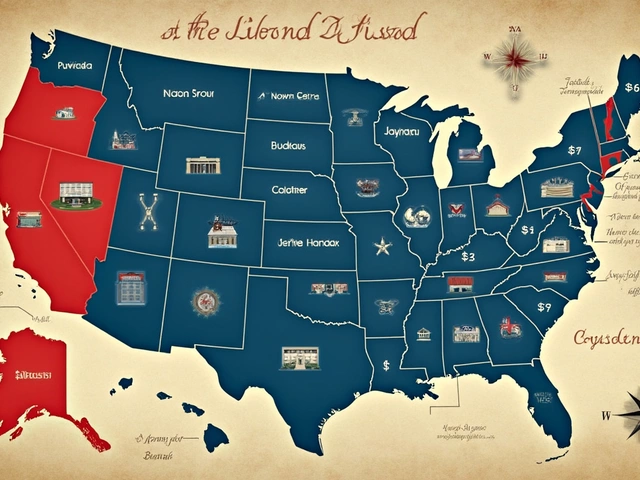

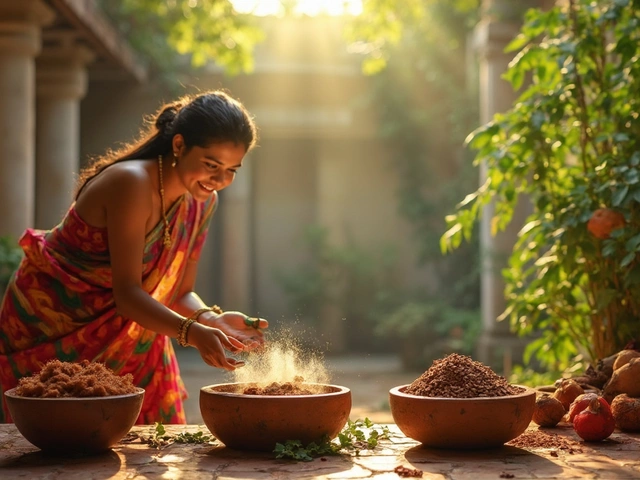
Rohan Talvani
I am a manufacturing expert with over 15 years of experience in streamlining production processes and enhancing operational efficiency. My work often takes me into the technical nitty-gritty of production, but I have a keen interest in writing about medicine in India—an intersection of tradition and modern practices that captivates me. I strive to incorporate innovative approaches in everything I do, whether in my professional role or as an author. My passion for writing about health topics stems from a strong belief in knowledge sharing and its potential to bring about positive changes.
view all postsWrite a comment